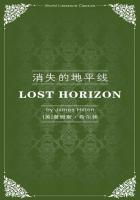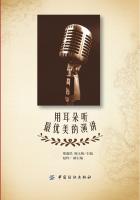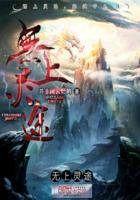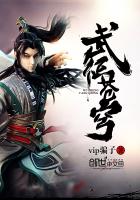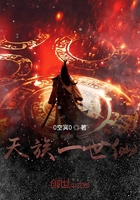Confucian ideology was the primary reason why the Han Dynasty (206 BC-220 AD) enjoyed over four centuries of stability. Indeed the ideology outlived the dynasty and Confucianism became the governing foundation of later dynasties, which would span more than 2,000 years of Chinese history.
This allows us to understand a unique characteristic of Chinese civilization and culture: kings, dynasties and states came and went, but practically all of those kings, dynasties and states took Confucianism as their central governing principles. Confucianism lay at the very heart of Chinese society for over two millennia and thus allowed for a remarkable degree of cultural continuity, a continuity unrivalled anywhere else in the world.
In the late 12th century, Zhu Xi, a Confucian master and a senior official of the Song Dynasty, observed: “Without Zhongni (Confucius) all of history would have been endless night.” He followed Confucius’ practice of lecturing and teaching disciples. However where Confucius advocated teaching students on the basis of their individual aptitude and encouraged free exchange of ideas among teachers and disciples, Zhu Xi focused more on working out a set of systematic doctrines to restrictively govern the minutest aspects of people’s behavior right down to the ways in which one interacted and got along with others.
From then on, a dogmatic, restrictive interpretation of Confucianism became dominant in society and provided an ideological weapon for rulers to rein in and control the thoughts of the common people. Scholars began to bury their heads in endlessly annotating ancient books and reciting rigid doctrines. These memorized doctrines were designated as the sole curriculum for imperial examinations and remained unchanged as such hundreds of years later. A rigid interpretation of the uniform Confucian form of composition eventually set in stone the notorious “eight-part essay” as the only legitimate form when writing about Chinese history and culture.
The effects of such obscurantism can be easily imagined. What’s more it became common for reigning monarchs to reject any new thoughts or ideas, just because of their newness. Society became ossified and increasingly conservative and introspective.
To the youth of China in the 21st century, the conventions of Zhu Xi’s time seem like stories from the Arabian Nights. For instance, scholars had to show respect to ministers and kowtow on their knees to the emperor; if one’s parent died, one had to mourn for three years. In today’s fast moving, world of microchips, the Internet and instant gratification such notions seem almost beyond comprehension.
Over the centuries, many Christian missionaries from the West have tried to convert the Chinese to their religious beliefs. But their attempts inevitably ended in failure: the aura of Confucianism had profoundly enveloped the land even though that land proved weak in other realms; and the doctrines of Confucian morality and ethics ran deep in the veins of generations, which made them impermeable to the imprecations of all those missionaries advocating an alternative moral code.
In the 17th century, the famous missionary Matteo Ricci, who returned to the West after the failure of his missionary efforts in China, described the Chinese empire in his diary: “The ruler of China is an emperor with somewhat of a philosopher-king ’s disposition: just, wise and benevolent. For millennia, peace and happiness have resulted from his rule in partnership with the moral philosophy of Confucius.” However, there were enormous problems lurking behind the Utopian edifice discerned by Ricci and he failed to see them. Principal among them was the conservatism and conceit brought forth by the dogmatic application of Confucianism. The 19th century witnessed the era of Western supremacy powered by the development of industrial civilization. Missionaries from the West, despite their efforts, failed to prize open the moral gate of the empire, but with sirens whistling and cannons roaring, the weapons of the Western powers did the job successfully. Foreigners strode across the vulnerable land. Confucianism, based mainly on agricultural civilization, seemed a wholly anachronous and ineffective defence against the might of Western industrial and military power. Chinese people began to realize that other defences were needed: perhaps fire needed to be fought with fire. To many it seemed the Confucian flame had long since lost all potency and relevance. Soon the early 20th century witnessed Chinese streets resounding with the sound of voices chanting, “Down with Confucius.” People saw their millennia-old nation in mortal peril in this battle between old and new civilization and felt the urgent need to discard what they saw as the useless deadwood of ossified Confucian doctrine and adopt measures that could help in the birth of a new civilization. That day was May 4, 1919.

